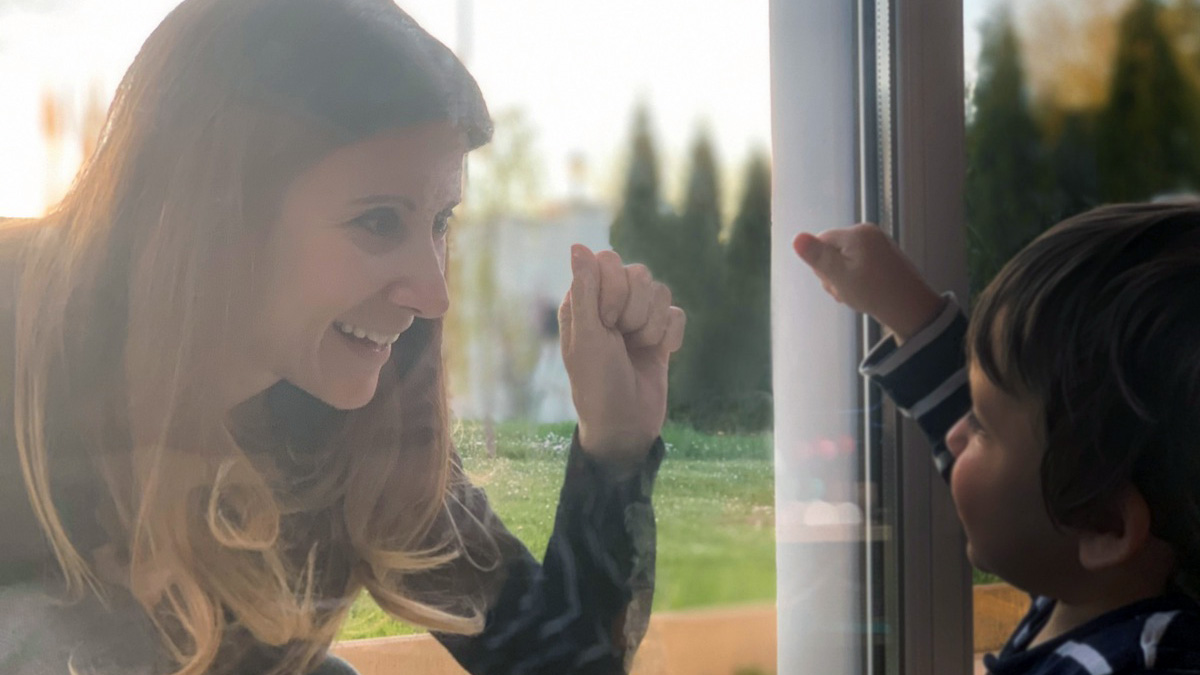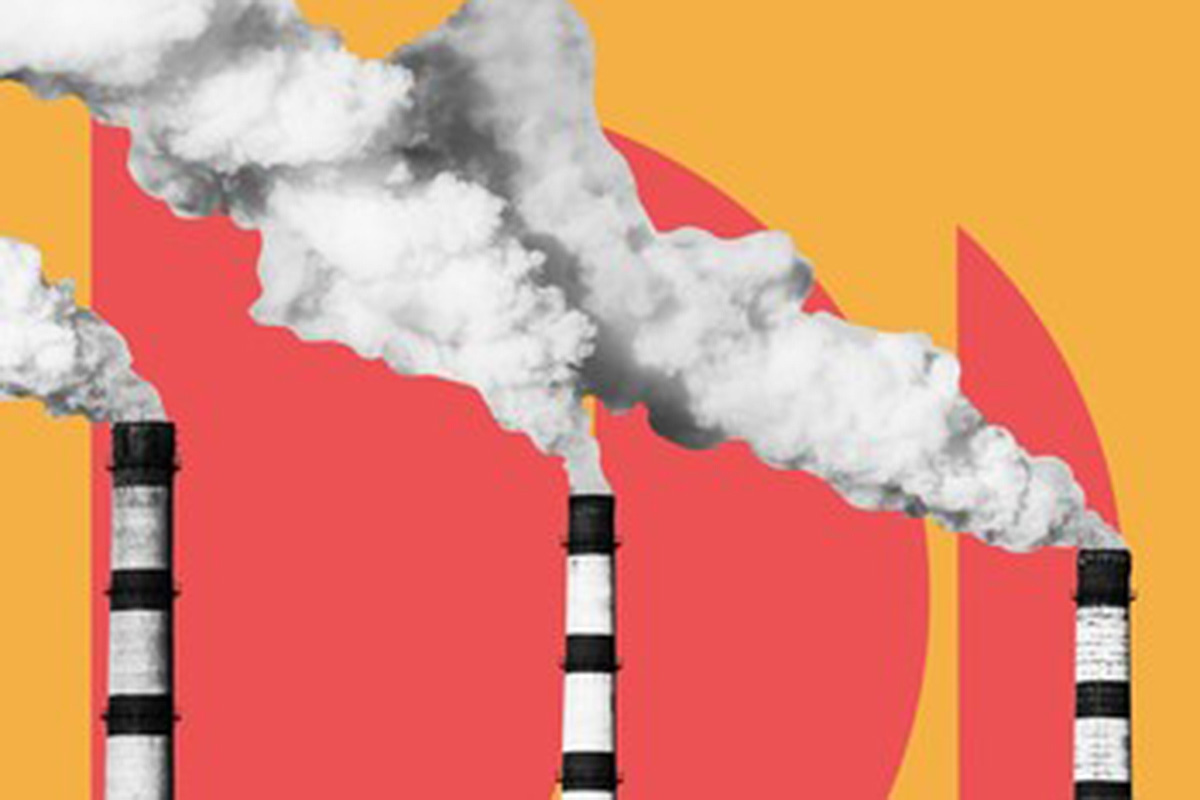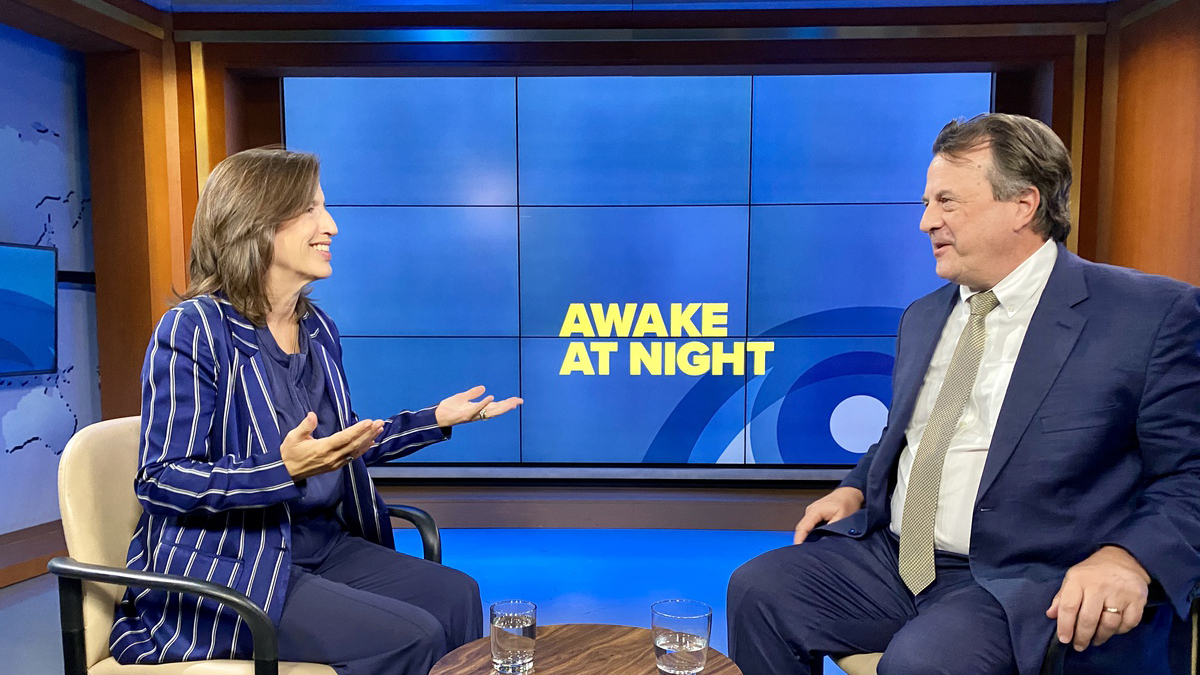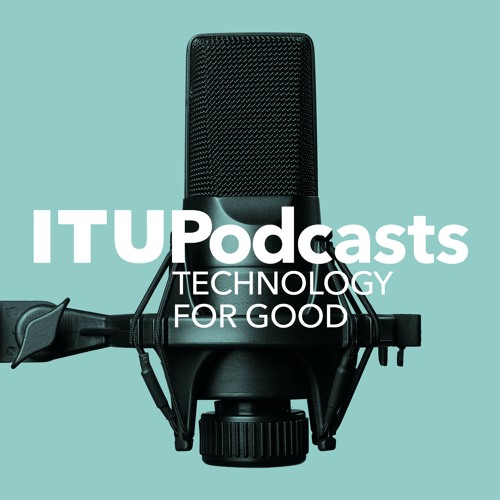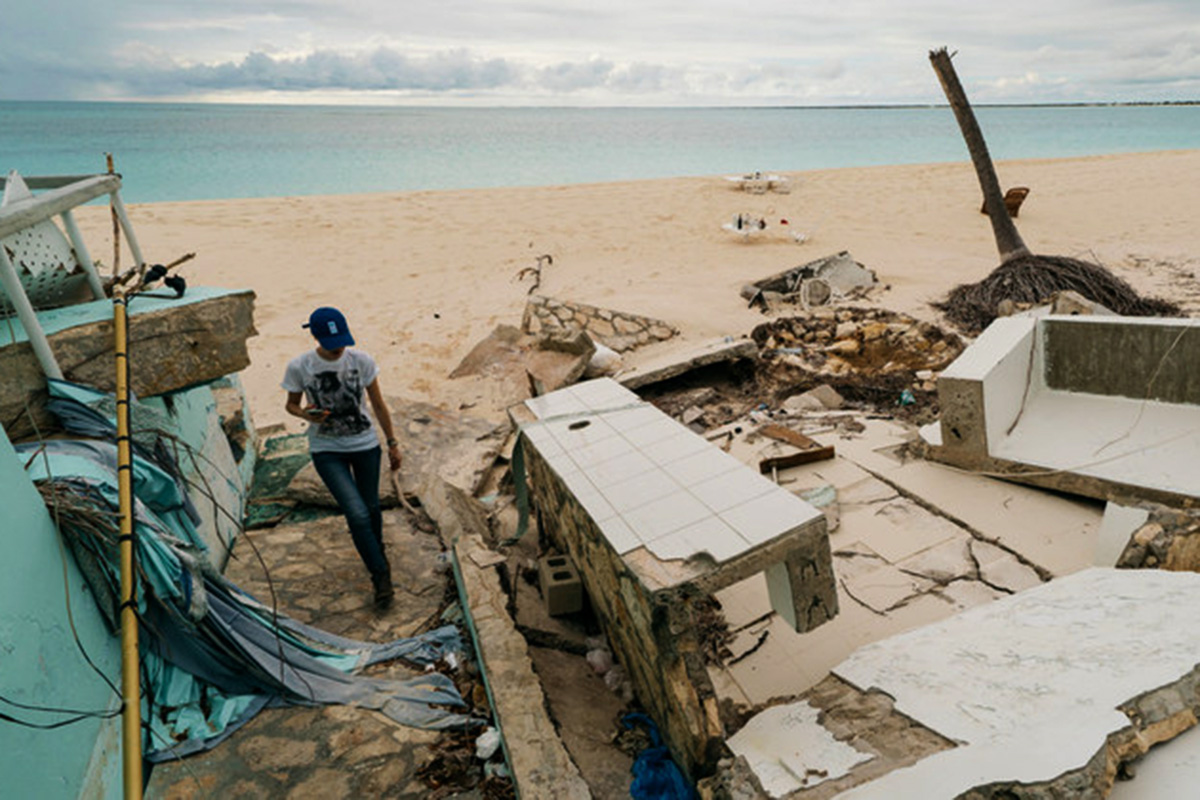“I've seen horrible things. I've seen massacres. Human suffering. These are not easy sights to see. The best way I found to deal with that is just to be determined to fix it in some fashion.”
UN Humanitarian Coordinator and Resident Coordinator for Yemen David Gressly has seen some of the worst of man's inhumanity to man during a career of more than 40 years in peacekeeping, humanitarian assistance and development. In this episode, he talks with podcast host Melissa Fleming about what has driven him to devote his life to helping the most vulnerable in some of the most fragile places on earth.
With more than 20 million people in need of assistance and a seven-year ongoing war, Yemen is among the world's worst humanitarian crises. But it’s not just conflict that threatens the Yemeni people. As David explains, every three days someone is injured or even killed by landmines or unexploded ordnance. During this eye-opening conversation, David shares his concerns about the dire situation in Yemen and the likelihood of being able to sustain the humanitarian response in the year ahead.


